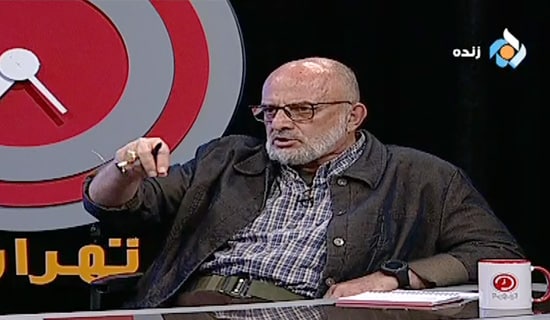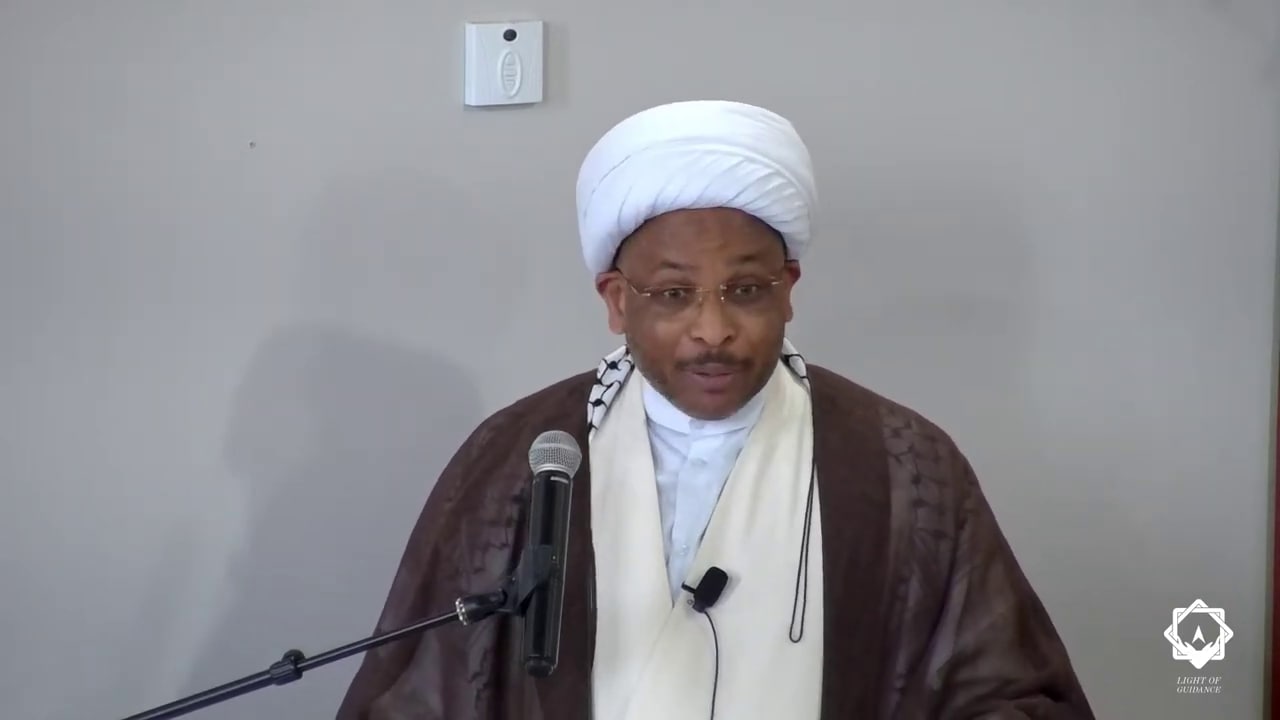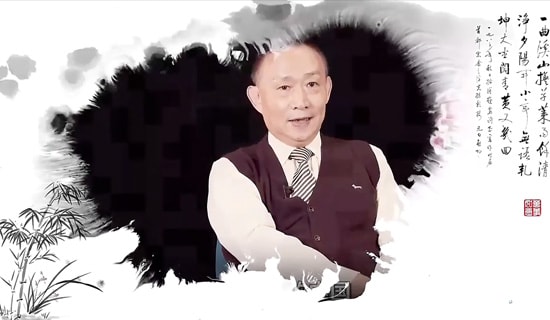
Mohammad Javad Larijani, the Secretary of the Iranian Judiciary’s High Council for Human Rights, said in a November 16, 2019 interview on Mayadeen TV (Lebanon) that Iran’s constitution does not regard the Baha’i faith to be a religion, but a sect whose members are entitled to government support and services as long as they abide by the constitution and act in keeping with the “citizenship contract.” He claimed that Baha’is in Iran are very wealthy and enjoy the full support of the government but admitted that there are some restrictions on the Baha’i and the Jews. Larijani said that the Iranian government cannot ignore the fact that the Baha’i Universal House of Justice is located in Haifa, Israel, and added: “If they serve the interests of other governments, like the Zionist regime, they should not expect any sympathy in Iran.”
Following are excerpts:
Mohammad Javad Larijani: According to our constitution, there is no Baha’i religion. It is a sect. accordingly, they are treated in keeping with what we call a “citizenship contract.” This means that they are entitled to the support of the government and to all the services it provides the citizens, as long as they abide by the constitution. The Baha’is in Iran are very wealthy. Would they be so wealthy if we exerted pressure on them?
[…]
They have many companies that deal in dairy products and cement, for instance.
Interviewer: It is said that the Baha’is are not allowed to pursue higher education in Iran, and that they face great difficulties in finding jobs. How do you respond to these allegations?
Mohammad Javad Larijani: They enjoy many rights as citizens, but they do face some restrictions in the work force. For example, they are not allowed to spread the Baha’i faith in public. The same goes for the Jews, who have their own synagogues and must adhere to the places that are assigned to them. The Baha’is are not subject to any kind of questioning or pressure by the government. The government provides them full support. The Baha’i Universal House of Justice is located in Haifa. This issue does not need explaining, and we are not so naïve as to ignore this. Like all citizens, the Bahai’s must respect the law. But if they serve the interests of other governments, like the Zionist regime, they should not expect any sympathy in Iran.













